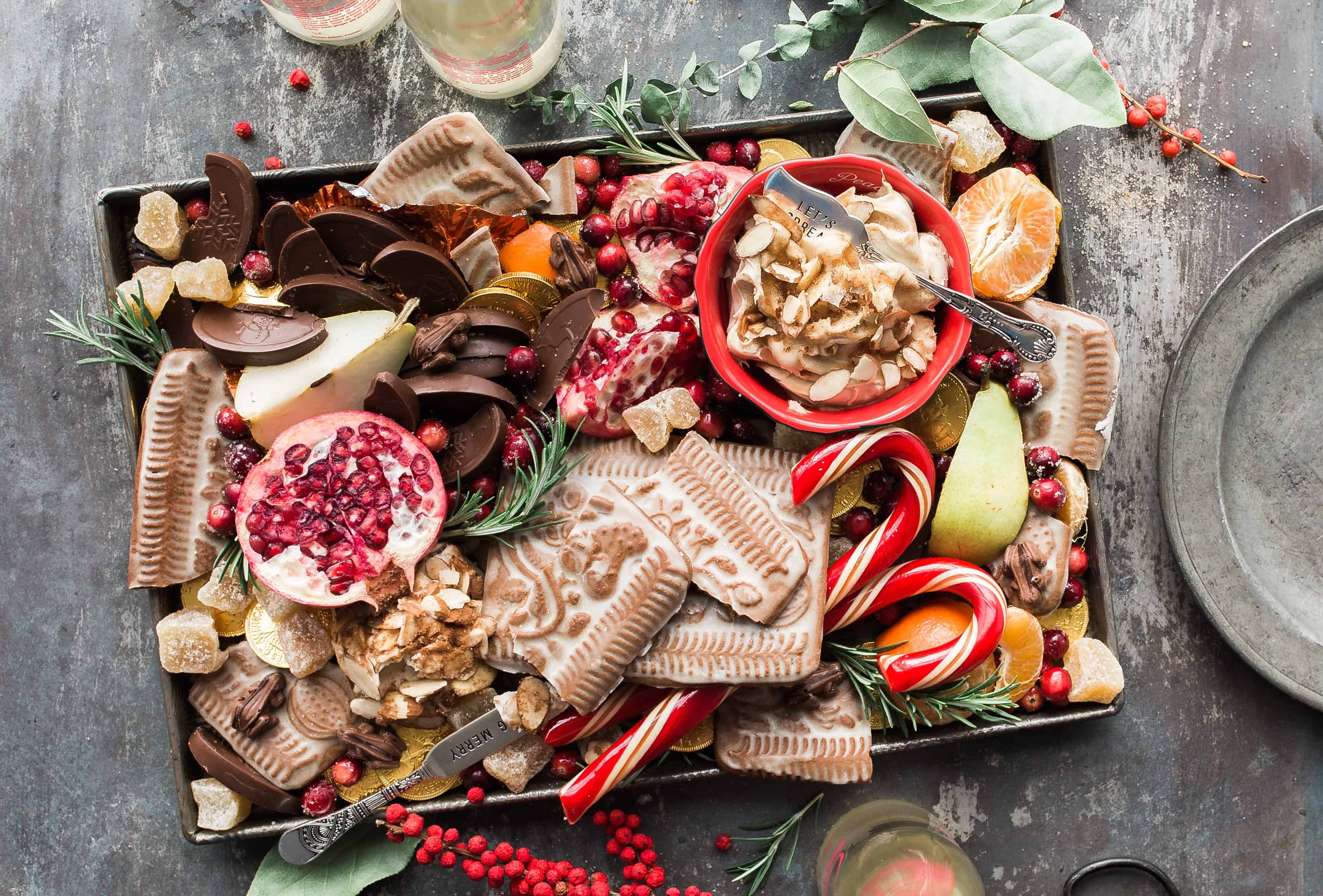I’m not a fan of the holidays. There, I’ve said it. I know some of you were thinking it.
Let me explain…I’m an outgoing introvert, which means I get easily overwhelmed and drained after a couple hours of social interaction. And when I feel drained—exhausted even, because I am a bit of a people-pleaser and stay longer at events than I should—I get overwhelming food cravings. I could literally sit at a buffet table and eat it, all of it. But, as a person in recovery, I work really hard to keep cravings at bay, which means I make self-care a priority.
The holidays require radical self-care for me. That’s like self-care in a cape with “ME TIME” embroidered on the back. You’re welcome.
I’ve spent the past (nearly) six years of my recovery trying to understand my boundaries to enable me to carve out time to care for myself—something I neglected for years as a person in recovery from addiction and emotional eating. Initially, I thought boundaries were state borders and country lines. Little did I know that I could tell my family I didn’t want to talk about my weight and that I could decline to go to a holiday party with people that I wouldn’t ever socialize with. (This is another trait of an introvert: we find shallow conversation completely futile.) Invariably, I’d succumb to peer and family pressure and find myself at all of these events, every day, and by the new year, I’d be utterly drained. Before I knew it, I’d be camped out in the kitchen, eating more than my fair share of cheese (alright, all the cheese), cake, pastries, and stuff I don’t even like, to ease my uncomfortable feelings.
Those uncomfortable feelings—suffering with social anxiety around large crowds, trying to think of things to say to people I either don’t know or don’t like, the drunk person being really annoying and repetitive (much like the old drunk Liv), the creepy uncle, the family member lecturing me on my weight, and social interaction without social anesthesia (alcohol)—are painful for me. So it is no wonder I resort to the ingrained neural pathway of comforting my feelings with food and emotionally overeating.
Except that’s not what recovery is about. To me, recovery is the pause—or breathing space—between the thought and emotion and how I choose to behave in response. It is about no longer reacting. But in order to do that, I had to understand cause and effect; if I go to a party I don’t want to be at, or if I don’t care for myself, it can lead to the desire to act destructively (i.e., overeating, drinking, or whatever else provides that numbing sensation).
Cue: boundaries. That wonderful imposition of space for me to be without feeling threatened or forced to do something that compromises my values and sense of well-being. “There is no fucking way I can ask for that!” I told my first therapist who told me I absolutely could tell someone I didn’t want to talk about a certain subject. And I was aghast at her response that it wasn’t my responsibility to make them feel okay for their reaction to my boundary. Eh?! This revelation was life changing.
So now, I put my cape on and rather enthusiastically tell people if I don’t want to attend an event. I pause for their response, but more often than not it’s positive (people actually respond really well to honesty). And if they don’t, that’s their shit to deal with, not mine. Boom!
Boundaries are a fundamental aspect of self-care, because if you don’t honour your needs, you end up neglecting yourself. And the holidays are a time we need more self-care because we’re working harder, we’re attending more events (yes, the ones we want to attend!), friends and family are visiting, we buy lots of gifts, and we spend time travelling.
Self-care comes before anything else during this season. I ensure that I have both a proactive and a reactive strategy. That’s just a fancy way of saying I plan activities and have a list of rescues if I feel triggered (e.g., deep breathing, centering meditations, yoga, writing). What’s key is that I protect my time with boundaries and say no if people ask to use time that I have planned out for myself. Self-care needs to be as non-negotiable as not drinking is. It is crucial to my mental and physical well-being.
Making sure I take care of me reduces the urge to act on emotional eating cravings. Then I stand a winning chance. Now pass me the cape!
Note: If you want emotional eating support, you can download my emotional eating cheat sheet for the holidays here. And you can join my FREE Facebook group here.
Writer and wellness advocate Olivia Pennelle (Liv) is in long-term recovery. Liv passionately believes in a fluid and holistic approach to recovery. Her popular site, Liv’s Recovery Kitchen, is a resource for the journey toward health and wellness in recovery. For Liv, the kitchen represents the heart of the home: to eat, share, and love. You will find Liv featured amongst top recovery writers and bloggers, published on websites such as Recovery.Org, The Fix, Intervene, Workit Health, iExhale, Sapling, Addiction Unscripted, Transformation is Real, Sanford House, Winward Way and Casa Capri.



 Follow Us On Instagram
Follow Us On Instagram
